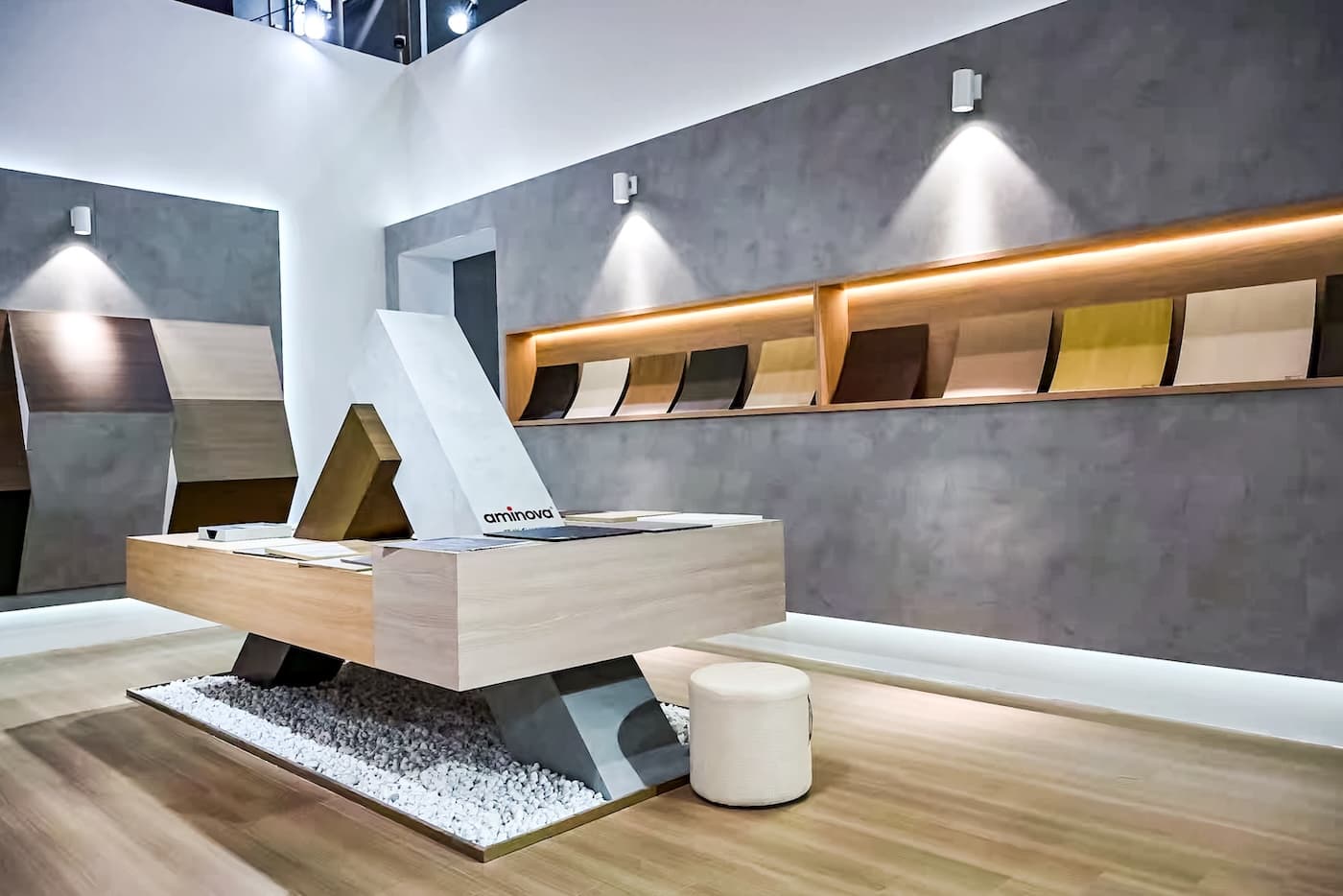As a buyer, you are always careful when choosing suppliers of building materials and furniture. Because the buyer’s responsibility is to ensure the stability and security of suppliers, products, and delivery time, to help the company strive for the maximum interests, and to make the products consumers purchase recognize me in my country. A supplier audit is a must in this case.
What kind of supplier of building materials or furniture is eligible?
Several keywords: stability, security, product delivery time, we are easy to understand. So the question is, what does it take to get the most out of the company? I would like to add that the maximum benefit is not only profit, and not only to get a better price but also a comprehensive consideration, involving profit, payment method, payment safety, communication cost, potential risk assessment, and other aspects.
Let us say I want to purchase a batch of tiles today, with an expected order of 12,000 square meters and an expected retail price of $15. As a buyer, I calculated various warehousing and miscellaneous fees, import duties, inland freight from China, sea freight from China to my country, Marine insurance premium, product liability insurance fee, etc., plus our 45% profit requirement, and finally roughly calculated that the FOB price of my purchase in China should be controlled below $4.80. I can start making inquiries to multiple suppliers.
Supplier A: We have cooperated with the old supplier for many years, whose quality and delivery date are very stable in all aspects. Although there are some minor problems occasionally, they are quite good. We have been cooperating with us in electrical projects. A’s quotation is $5.20 and the payment method can be the same as other items, O/A30days (30-day release, i.e. 30 days after shipment).
Supplier B: I know these suppliers and met them in an exhibition. I have never done business with them, but I have visited them once. I feel they are ok in all aspects and supply to some big American brands. B’s quotation is $5.0 USD and the payment term requires a 30% deposit.
Supplier C: A supplier introduced by a friend, whom I have never known or contacted before. At present, I have briefly discussed this project. I think it is quite professional, and I know a lot about testing and products. Obviously, I also have experience in operating my national retailers. C’s quotation is $5.50. Payment is to be made by telegraphic transfer with a partial deposit.
Gentlemen, if you were me, what would you choose?
Maybe many people would choose A. Because A is an old supplier, the situation is stable in all aspects and the cooperation is pleasant. There are still 30 days payment days, so there is no pressure on the capital and you can control the risk.
Maybe some friends think B is better. Because of the low price, each model is $0.2 cheaper, saving $2,400 on the 1,2,000 square meters. As a buyer, to save money for the company, the best interests, it must be right.
Maybe some friends would say C. Because the friends introduced the general credibility is relatively high, at least will not be a pit. Besides, payment by L/C also guarantees the interests of both parties. Although the buyer will pay some L/C opening fee, it is negligible for the order. Besides, the development of over one supplier can also play a good balance, I cannot put eggs in one basket.
There are some other elements that I intentionally left out in the case, to give you the impression that all three options make sense. Not really. What if we add a few more elements? Maybe you can make the optimal choice.
- The delivery time I requested is 45 days.
- If it is a new supplier, I need to arrange the Factory Audit.
- For the product, I need to add the drop test for inspection.
- I will arrange a professional third party to take charge of line Inspection.
- If I place a repeat order three months later, will the price schedule remain unchanged?
After adding these few elements, I believe the price can fluctuate somewhat, the difference
In response to my request for feedback, I would like to assess their experience, core competence, and the ability to control large buyers and retailers in my country.
Let’s go back to the previous case. As A buyer, I assume that after adding the next five elements, the three suppliers A, B and C still maintain the previous quotation, which can meet my requirements and are all very sincere to do this project, so I will give priority to the C supplier.
The reason is simple. First, A is an old supplier. As I have mentioned, the old supplier is A “double-edged sword” with both advantages and disadvantages. If used well, it can save the time and energy of the buyer, control the product quality and delivery time, control the risk, and stabilize the profit. However, once it is not handled properly, it will be easy for the old suppliers to be “spoiled and arrogant”. They feel that they have mastered many orders from customers and belong to the core suppliers. They think that the buyers have no more choices, so they can make unreasonable demands and intimidate the buyers, which will break the original “balance”.
Option B also is very tempting, but you see that dealing with a new supplier can be a headache too. I base their credibility on my judgment alone, and a price drop shows that they might be cheaper because of two reasons. One, their business is good and they are looking for more customers. Secondly, they are losing business and they want customers badly. The later chances are there might be some goof up in my shipping or at the quality control stage. I seriously do not want it.
Thus, I would go with the more credible supplier that is C.
I hope that this blog was of help to you. If you are looking for a China supplier audit company look no further than MoreFar Global. We have years of experience in sourcing furniture, building material, auditing suppliers, shipping, and Amazon FBA. We give free consultation as well, and you can reach us via mail or WhatsApp.



